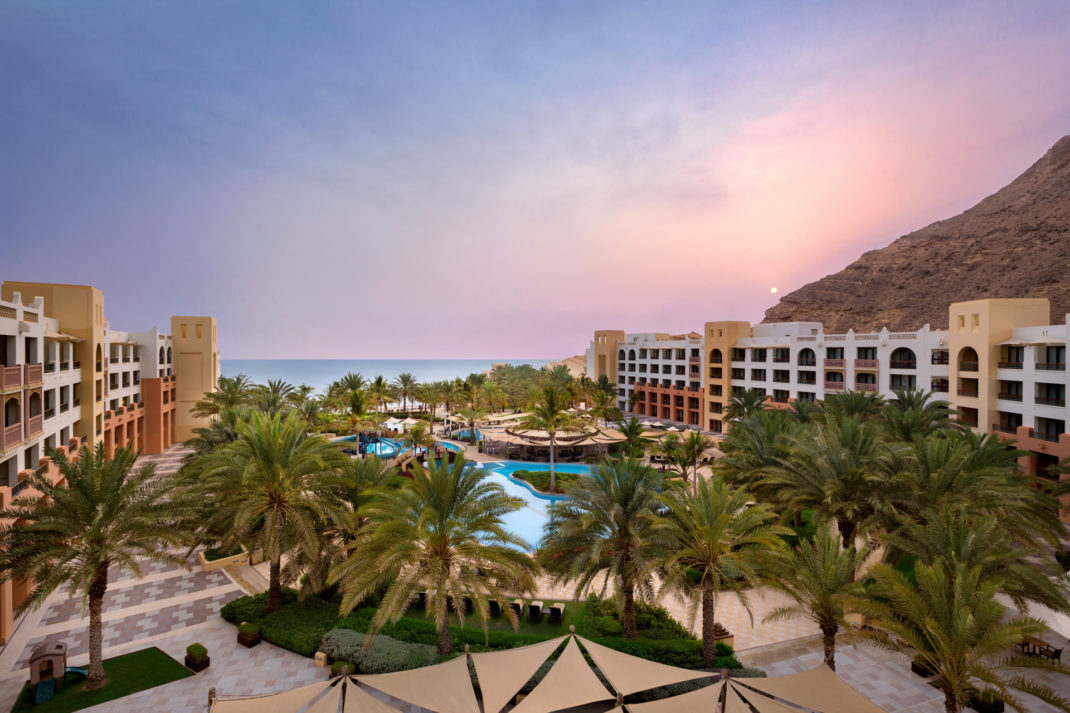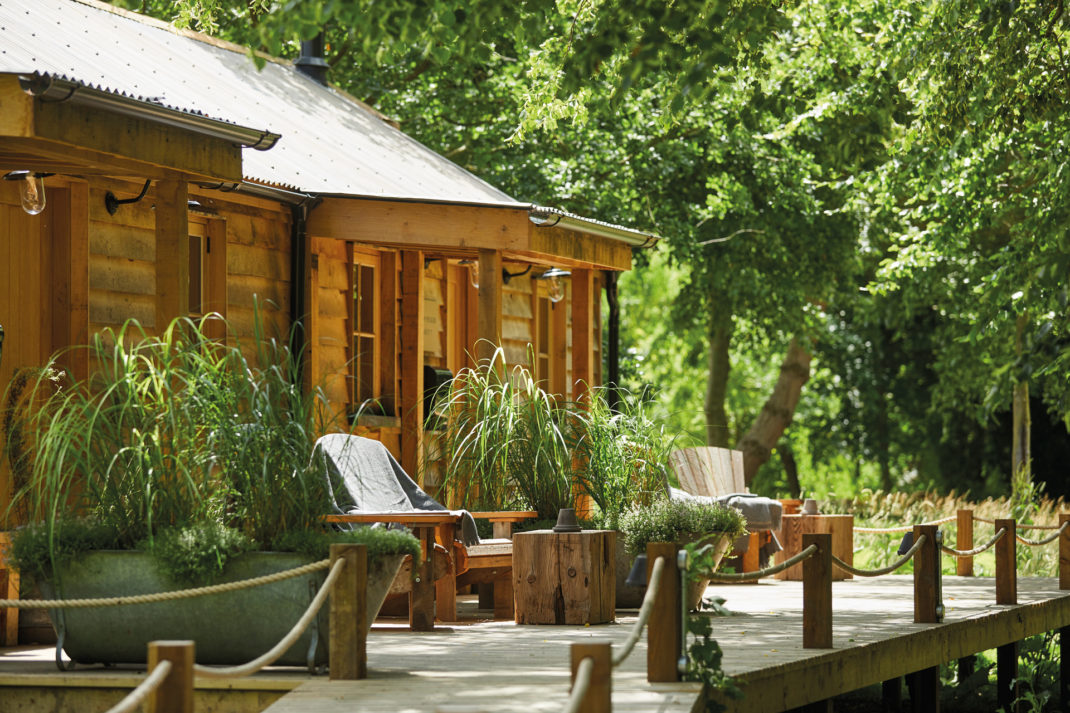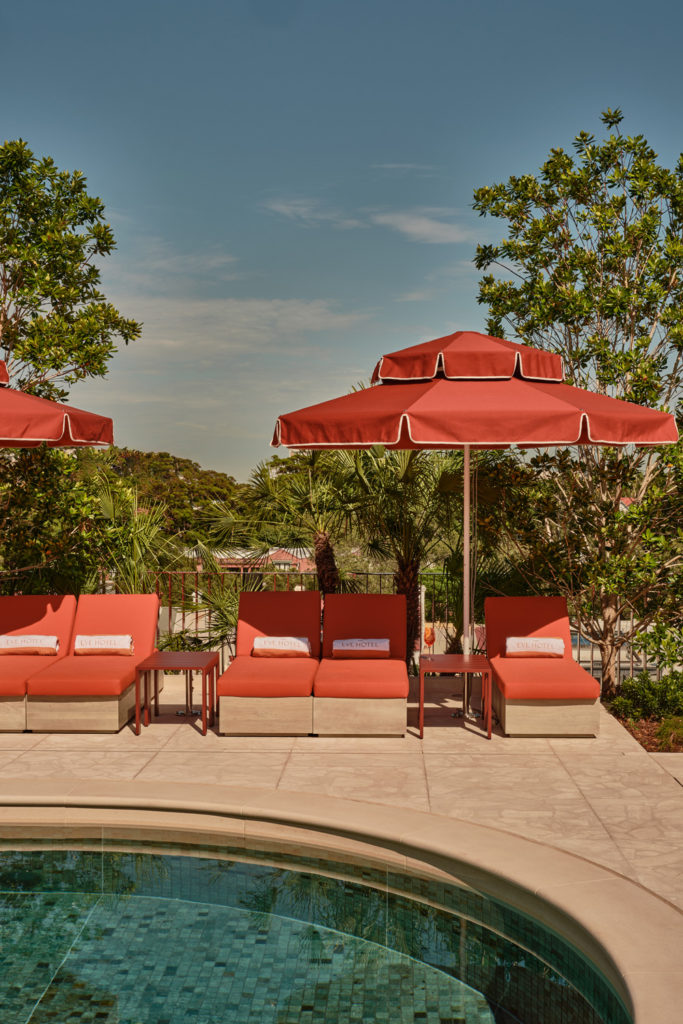Vienna Named the World’s Most Liveable City
By
3 years ago
Vienna has once again topped the ranking of 'liveable cities' – but what makes Austria's capital so liveable?
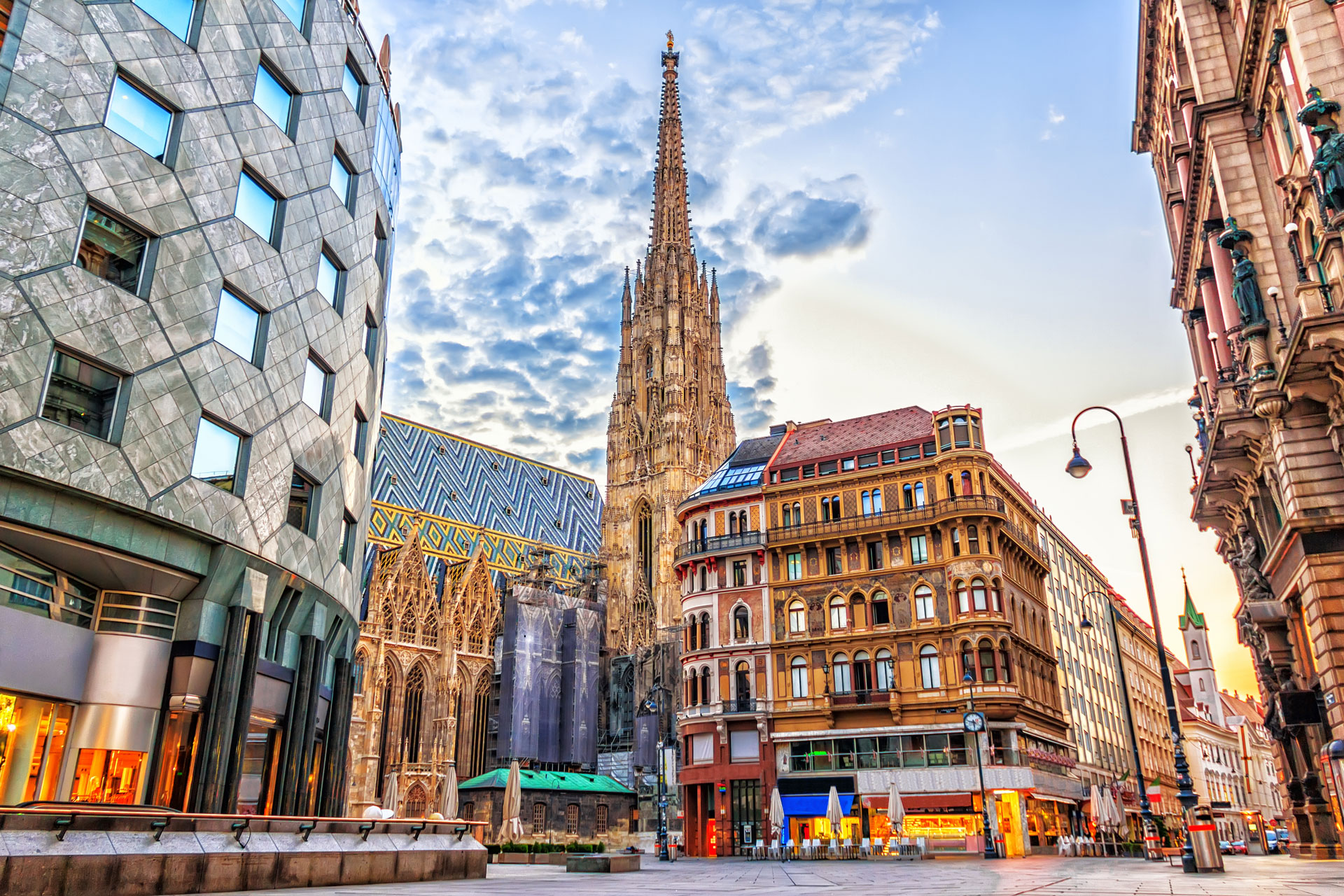
If UK living is feeling a little strained as of late, you might be wondering where the grass is greener. Answer: Vienna – Austria’s capital city that has once again bagged the top spot in The Economist’s ranking of ‘liveable cities’. But what makes Vienna so ‘liveable’? Read on for the inside scoop.
Vienna Named The World’s Most Liveable City
Vienna, Austria’s capital, recently regained pole position as the world’s most liveable city. The Economist’s annual catalogue of ‘liveable cities’ – which ranks 172 cities across the globe based on stability, health care, culture and environment, education and infrastructure factors – praised Vienna for its culture and entertainment opportunities, infrastructure, and overall stability.
Having previously claimed the top spot in 2018 and 2019, this is the third time in five years that Austria’s capital city has soared to the top. Vienna is trailed closely by Denmark’s Copenhagen in second place, and Zurich (Switzerland) and Calgary (Canada) in joint third.
London lags far behind at 33rd, followed by 2021’s winner – Auckland, New Zealand – which has plummeted to 34th place, owing to Omicron related restrictions. But, compared to London, what makes Vienna so liveable?
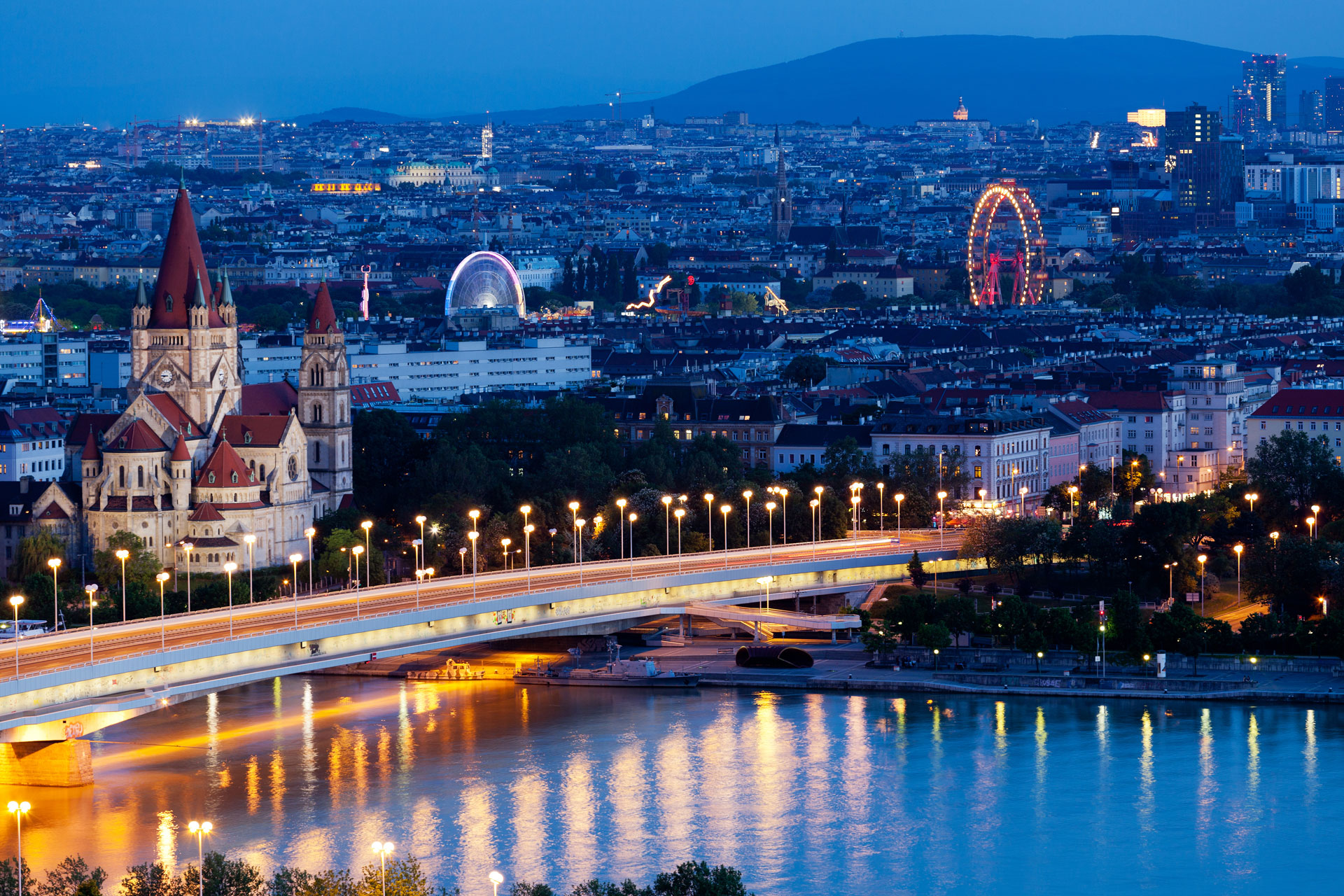
Getty Images
A pioneering green city
It’s not all culture: Vienna earns its rightful place at the top of the ‘liveable cities’ ranking by being a trailblazing sustainable city. Vienna has a long history of sustainable initiatives, beginning in 1873, when pioneering environmental engineering started supplying the city with mountain springwater.
More recently, successful pilot programs in transport, environmental initiatives and sustainable technologies – like their recent water treatment transformation into an eco power plant that reduces carbon emissions by 40,000 tonnes every year – have moved Vienna to the forefront of the sustainable cities conversation. Likewise, one third of Viennese households are supplied with environmentally friendly heat, and the city aims to double its renewable energy generation by 2030.
Such green initiatives also led to Vienna being recognised as ‘the best place to live in the world’ by Mercer’s Quality of Living survey between 2009 and 2019. But, if you’re not quite ready to pack your bags and emigrate, Austria’s capital is an ideal city-break destination.
Visiting Vienna for a culturally immersive city break
Even if you only have 48 hours over the weekend to spare, Vienna will treat you kindly – especially if you love coffeehouses, chatty locals, and scenic walks with gorgeous architecture. The city has a plethora of luxurious hotels on offer, and a rich history of music and culture, including the great composers Mozart, Schubert and Beethoven, who all lived and worked in Vienna.
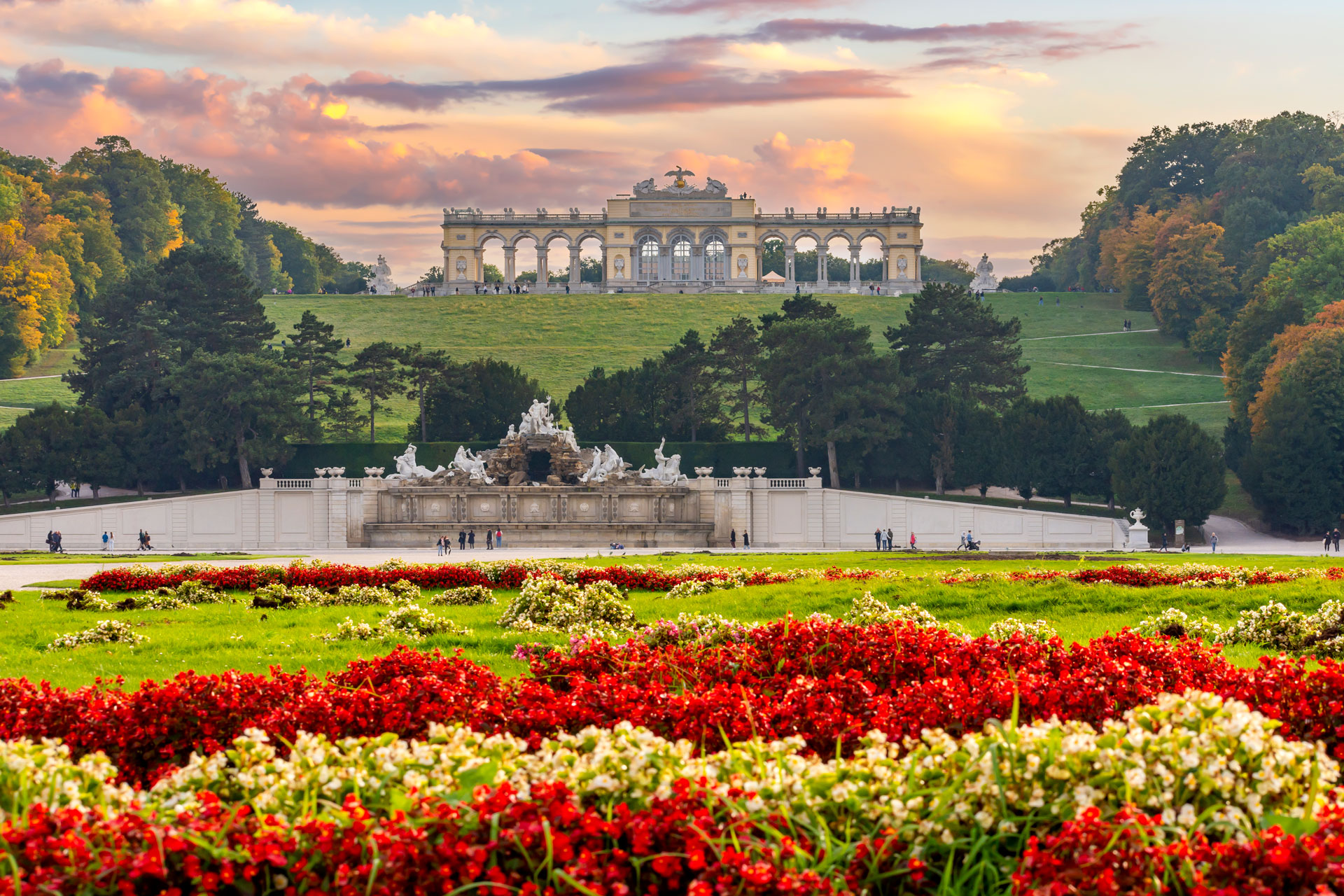
Getty Images
A breath of fresh air in Vienna’s parks
With more than half of the city’s municipal area covered by greenery – in the form of parks, forests and agricultural land – visitors can balance their city explorations with park relaxations. Keep your eyes peeled for wine from local urban vineyards when visiting the city’s local taverns to taste the fruits of the local land. Or, take a trip slightly out of the city to the Schönbrunn summer palace – easily accessible via public transport – for a palm house, an orangery, and gorgeous grasslands with a regal view.
Transport links galore
With the city centre a mere 16 minute train ride from the airport, Austria’s capital city is extremely navigable, and rewards those willing to immerse themselves in local transport options.
Hop on the tram or underground train for a speedy journey, or walk across the city for constantly breathtaking views of fountains and spires, greenery and monuments. For absolute travel freedom, buy a Vienna City Pass online – or collect one from the airport tourist office – for unlimited public transport for up to 72 hours.
Main image: Getty Images
READ MORE:

